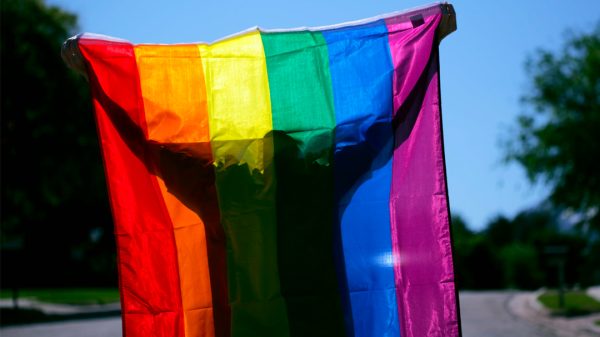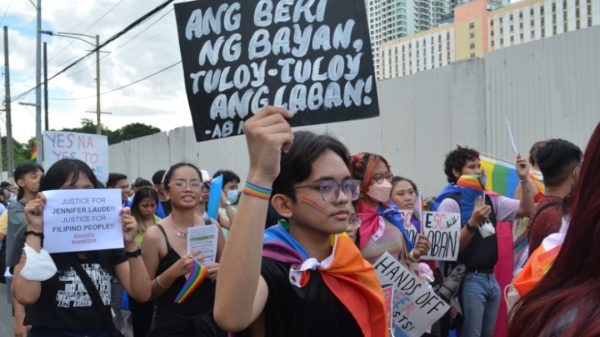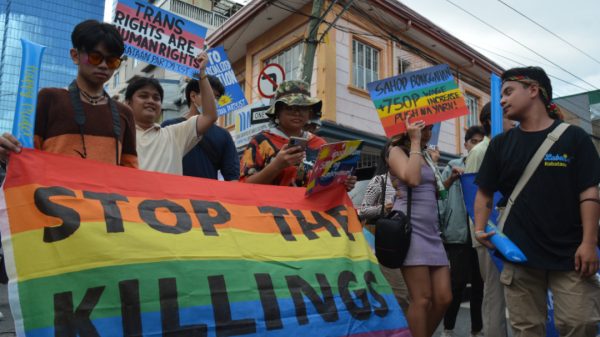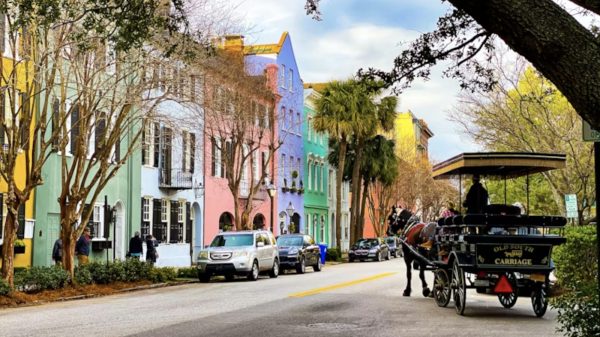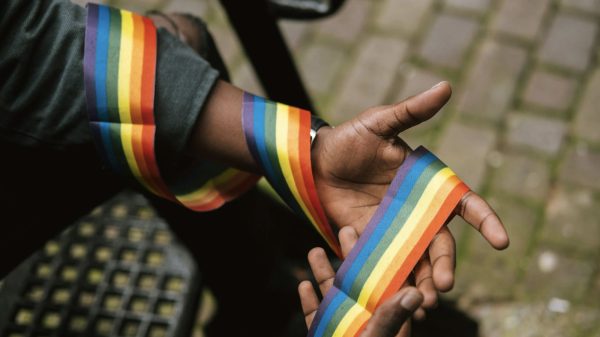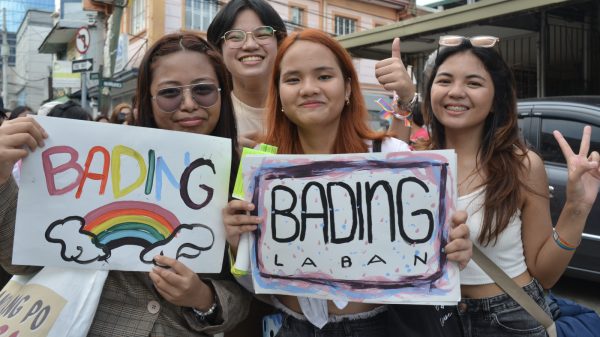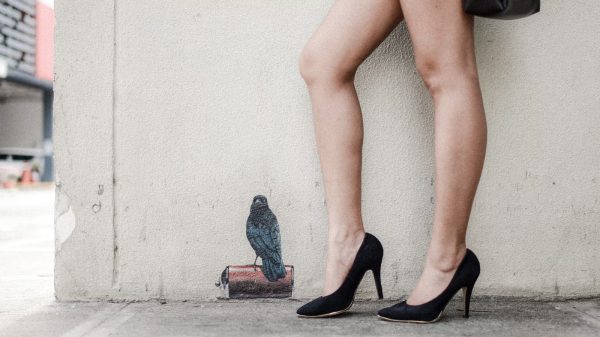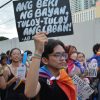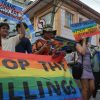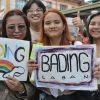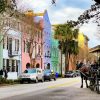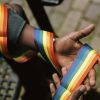Ganito yan (It’s like this): The issues that Filipino PLHIVs have been facing have remained the same since 1984, when the very first HIV case was documented in the Philippines, e.g.:
- Stigma and discrimination (in school, workplaces, communities, and even among health care service providers);
- Lack if not actual absence of services (start with the treatment facilities that collect OHAT package from PhilHealth even if they don’t render lifesaving services aside from giving out antiretroviral medicines every three months); and
- Lack of actual representation (PNAC, the body supposed to direct the country’s HIV responses, only has how many PLHIV members?).
Let’s emphasize: Since 1984, yan na ang issues ng HIV community (these were the issues of the HIV community).
There are “newer” additions, e.g.:
- Profiteering (like when treatment hubs collect ₱39,500.00 per PLHIV per year from the OHAT Package of PhilHealth even if they do not render services; or when NGOs get gazillion of funds for their celebrity-centric – and extremely well-marketed – HIV-related “efforts”); and
- Co-opting of HIV causes (such as those “advocates” who steal other people’s stories to enable them to attend, and even speak at, international conferences).
The fact remains, though, that not much has changed. And this should already anger PLHIVs, and those working in the HIV community. NOT make them serene.
And so any call to not be angry, to be “civil” is, for me, kaloka (crazy).
Because as used, “civility” means salsal (as used here, referring to mutual masturbation/circle jerk). These people just want to flatter each other (those in their circles). All while neglecting that the issues are still there, and in so many ways have worsened.
There have been successes. PLHIVs now have better ARVs. There are more treatment facilities. U=U has cometh. PrEP is continuing to be rolled out. And so on.
But these successes do not even reach many in grassroots communities.
There’s that fisherman who – to earn some money – engaged in male-to-male sex; he eventually tested HIV positive. Coming from some hard-to-access island, he had a hard time accessing treatment. Lost to follow-up is real for people like him.
There were Lumad gay and bisexual men from North Cotabato who wanted to get more information on HIV, and get tested for HIV. To avoid stigma (from their own locality), they knew they had to go to Davao or Cotabato… though where to get money to do this then became an issue. No testing at all is “normal” for people like them.
There are transgender women who do sex work in Cebu, not even targeted as key population in PrEP distribution there. I’ve interviewed 22, and NONE of them were served by the sole PrEP-dispensing facility there. Completely ignored by extremely well-funded national NGOs is what they came to accept as “normal” for people like them.
I’ve interviewed senior gay men who are not only sexually active, but are unsafe in their sexual practices (bareback, multiple sexual partners including with minors who they deemed “clean”, and so on). But yes, HIV-related efforts focus on the under-35, so the elderly are easily neglected. Being ignored is what’s accepted as a fact of life by people like them.
There’s a Deaf gay man living with HIV. He once complained about the difficulty to schedule his visit to his hub because setting one up can only be done through texting. He complained, and one of the head nurses in his hub told him: If you don’t like how we do things, change hubs. This, too, is apparently “normal” for a PWD like him, at least so he told me.
There’s a Taguig-based underemployed PLHIV who was told to pay his PhilHealth first before he can be entertained by his hub. So now – in between selling himself if he’s short on cash to use for fare to access his hub – there are times when he just taking meds altogether… at least, he said, until he has enough money to pay his PhilHealth and be welcomed again. This is “normal” for many like him.
There are more and MORE stories to tell.
And so many of these stories should make everyone in HIV advocacy (and activism) angry.
Because there’s money in HIV “advocacy”. It’s just not spent where it should be spent.
Because there are “leaders” in the same “advocacy” who’s there not to serve but to make a killing with their earnings.
Because – as stated – so many of the issues remained the same anyway since 1984, even if their “faces” may have evolved over time. Nadagdagan pa nga ang mga issues eh (Even more issues have surfaced).
So if you ask me: “Bakit ka galit (Why are you angry)?”, I think you’re asking the wrong person with the wrong question. The question, in fact, should be directed to you: “Bakit hindi ka pa rin galit (Why aren’t you angry yet)?”
Malamang kasi, privileged ka? Di mo naman nadaanan ang paghihirap na matagal na naming sinusulat, kaya easy-easy ka lang (Perhaps because you’re privileged? You did not experience the hardships that we’ve written about for a while now, so you take everything easily).
But for those who’ve suffered, who continue to suffer, ‘yang civility na yan ang nagpa-lala sa kalagayan nila. Pinagbabawalan silang magreklamo, magsalita (this type of civility worsens their situation. This prevents them from complaining, from speaking up). There are “sanctions” if they do, e.g. palilipatin sila ng hubs (they are made to change hubs); they get disinvited in HIV-related gatherings; and so on.
O kasi ang loyalty mo, wala sa PLHIVs (Or maybe because your loyalty is not with PLHIVs)? Mas worried ka pa kung ano ang sasabihin ng (You’re more worried about what will be said by the) systemic abusers, instead of giving voice to the very people you claim to serve? And so you want to be chummy with them, instead of calling them out already… vehemently if you have to, to force them to do what they’re supposed to do/what they’re paid to deliver, and hold them accountable if they fail to do so.
So ikaw na lider-lideran (you who act as their leader), if you can’t capture that anger, you’re not truly helping. Dagdag ka lang sa salsal (You merely add to the mutual masturbation/circle jerk) within the fake HIV “advocacy”.
The founder of Outrage Magazine, Michael David dela Cruz Tan completed BA Communication Studies from University of Newcastle in NSW, Australia; and Master of Development Communication from the University of the Philippines-Open University. He grew up in Mindanao (particularly Kidapawan and Cotabato City), but he "really came out in Sydney" so that "I sort of know what it's like to be gay in a developing, and a developed world". Conversant in Filipino Sign Language, Mick can: photograph, do artworks with mixed media, write (DUH!), shoot flicks, community organize, facilitate, lecture, and research (with pioneering studies under his belt). He authored "Being LGBT in Asia: Philippines Country Report", and "Red Lives" that creatively retells stories from the local HIV community. Among others, Mick received the Catholic Mass Media Awards in 2006 for Best Investigative Journalism, and Art that Matters - Literature from Amnesty Int'l Philippines in 2020. Cross his path is the dare (guarantee: It won't be boring).


